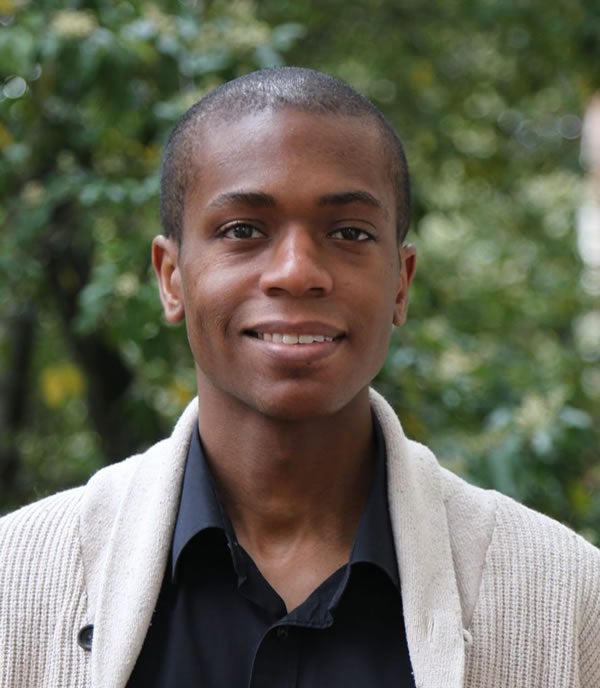B2F Cohort Corner: Lawrence Brown

At the end of his time as a Bridge to Faculty (B2F) scholar, Lawrence Brown is sharing his insights and experiences with the program.
Brown is a member of the inaugural 2020 B2F cohort in Public Administration.
What motivated you to apply for the B2F Program?
I was in the fourth year of my PhD program and was on the job market. My dissertation advisor received the job ad and sent it to me. I read it, and it seemed like the perfect fit. I was at the University of Georgia at the time and had been in the South for a good amount of my life. I was excited by the prospect of starting a new job in a great department and in a totally new setting. I also liked that the B2F program would give me a couple of years to work on manuscripts, refine my interests, learn about the department and fill some holes in my research knowledge before I started on the tenure track.
What is the focus of your work in this program?
I do research related to personnel policy and behavior in the public sector. I’m interested in hiring, recruiting, retention, retirements and development in the government workforce. One of my major specialties is diversity, but I’m working on papers right now looking at the impact of retirements, layoffs and mass transfers (in or out) in federal agencies. I’m self-aware enough to know that “Government Human Resources” sounds immediately thrilling to a pretty niche audience, but there are a lot of thought-provoking research questions in this area that speak to more accessible concepts like self-efficacy, meaningfulness of work and perceptions of personal fulfillment. I’m finding that the more work I do in this area, the more I’m drawn to those kinds of questions.
In what ways has this program impacted your work?
One of the greatest benefits of this program has been time. This program gave me a lot of time to pursue a couple of ideas that I might not have been able to pursue if I started off as an assistant professor. For example, I’ve assembled a few large data sets that were incredibly time-consuming and tedious to put together. But those data sets opened doors to a lot of exciting research questions that I wouldn’t have been able to effectively investigate otherwise. I’m using those data sets in my current research, and I feel incredibly lucky to have them.
What are your hopes for how you will take your experiences with the B2F Program into your future professional endeavors?
My cohort entered the program in the Fall of 2020, which was obviously a weird time to start a new job. It came with a lot of challenges. But coping with those challenges was a pretty valuable experience. Including everything I learned about research methods and theory, I think my time in the program strengthened my ability to independently develop a sense of direction.
In your opinion, what are the larger impacts of the B2F Program?
The folks who administer the B2F program are genuinely invested in our current and future success. They want us to be here and want us to do well. When you find yourself in a new job environment and you come from a demographically under-represented group, that sense of authentic support is important. And I think B2F scholars will be able to follow that example to lend authentic support to students and local communities that have been historically disregarded. We’ll be able to act in our roles with valuable perspectives that improve UIC’s capacity to serve its public mission.